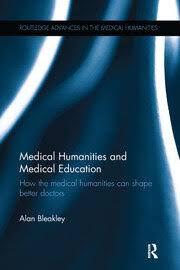Medical Humanities and Medical Education: How the medical humanities can shape better doctors (Routledge Advances in the Medical Humanities)
Availability :
In Stock
₹ 3,110.68
M.R.P.:₹ 4093
You
Save: ₹982.32 (24.00% OFF)
(Inclusive
of all taxes)
Delivery:
₹ 0.00 Delivery charge
Author:
Alan Bleakley
Publisher:
Routledge
Edition:
First Edition
ISBN-13:
9781138243675
Publishing Year:
2016
No. of Pages:
276
Weight:
399 g
Language:
English
Book Binding:
Paperback











